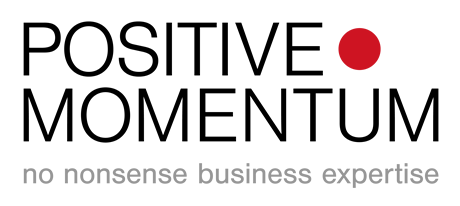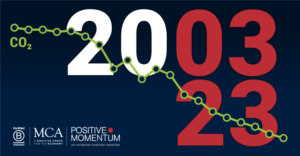In the last week of March 2020, millions of UK workers changed their working habits more materially than most of us had done in their entire working lives. From the occasional WFH day to six weeks and counting of continuous, zero non-virtual interaction with colleagues and clients.
I’ll spare you the debate of the future of working environments. Time will tell. It’s a reasonable bet however that many of us will find ourselves leading teams based remotely for some time to come and possibly forever.
Adopting a “whatever environment works best” mindset.
For some people living in city centres in particular, there is simply not enough space for sustainable home working.
A Parisian relative of mine has resorted to selling luxury cars from his bathroom such is space a challenge in the small flat he and his girlfriend share!
I’m glad to report that he has actually had a record week last week as the country prepared to partially unlock, although I doubt he would say it is a sustainable arrangement. As we are unlocked in turn, local co-working environments or accommodating cafés can provide some space and the ability to concentrate better for some.
Access to a shared office space will probably still be required for most of us but that may only be a few days a week, leaving us the flexibility to work where we can be most efficient the rest of the week.
Making efficiency the new yard stick.
We have all derided the office idiot who leaves his jacket on the chair or nudges his mouse every now and then to show the system he is online when he is actually checking his Amazon deliveries on his phone. In an office environment, presence has disproportionate value to what is delivered.
In a remote team, the only measure of success can be the quality and timeliness of the deliverable.
This requires good leadership to define both the deliverables and the steps towards meeting them with crystal clarity. Once the steps and the deliverables are set, it takes even stronger leadership to get out of your team’s way and let them deliver.
Leveraging technology.
Having set clear objectives, there remains the outsiders risk that they may need to change or indeed that the individual has still misinterpreted them and is wasting precious time on the wrong thing. Do you wait to the end of the week to find out that your colleague who was set a task to deliver X has spent her week developing Y? The wrong solution to this problem is to swap regular office catch ups with project team Webex’s.
Too many people are spending soul destroying hours in project webex’s right now for limited benefit.
So how do you keep the team pointed in the right direction? This is where it pays dividends to get your head around the tech.
The companies I am working with currently who have become more, rather than less productive since the lock down have implemented some if not all of the following remote workplace systems to ensure they can communicate both formally and informally, one to one and as wider teams, enable safe access to work documents and share work as it progresses on real time platforms. These are some of the tech they are using to do that.
- Doc repositories (so colleagues can access latest versions of documents at the time they need them)
HighRise / SamePage / Sharepoint / Google Docs / One Drive - Communication platforms (for team meetings when they are strictly necessary and value adding for all participants)
Webex / GoToMeeting / Teams / Google Hangouts / JoinMe - Workflow Management Platforms (to monitor, add and amend to the real time delivery of projects)
Dropbox paper - Webinar Platforms (For more formal internal and external online meetings)
Teams / GoToMeeting / Zoom - Chat rooms (the replacement to the coffee machine/sandwich queue)
Teams / What’s App
I fully appreciate there are a lot more solutions than those mentioned above. Please do feel free to share them.
The techy’s amongst you have been using many of them for a number of years. What is really interesting is how quickly the non-techy’s amongst us are catching up including sales teams whose use of new platforms is generally a good yardstick of how useful they actually are for adding to the bottom line.
There will be many learnings (and numerous books no doubt) from the last 6 weeks. I suspect many of them will focus on new ways of managing our environment, how we measure efficiency and how good we are at leveraging the tech to help.








